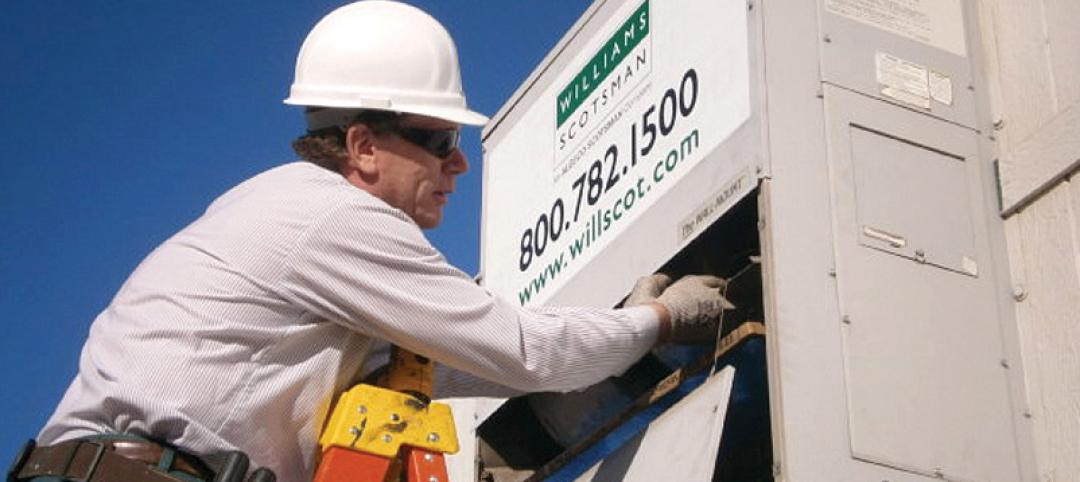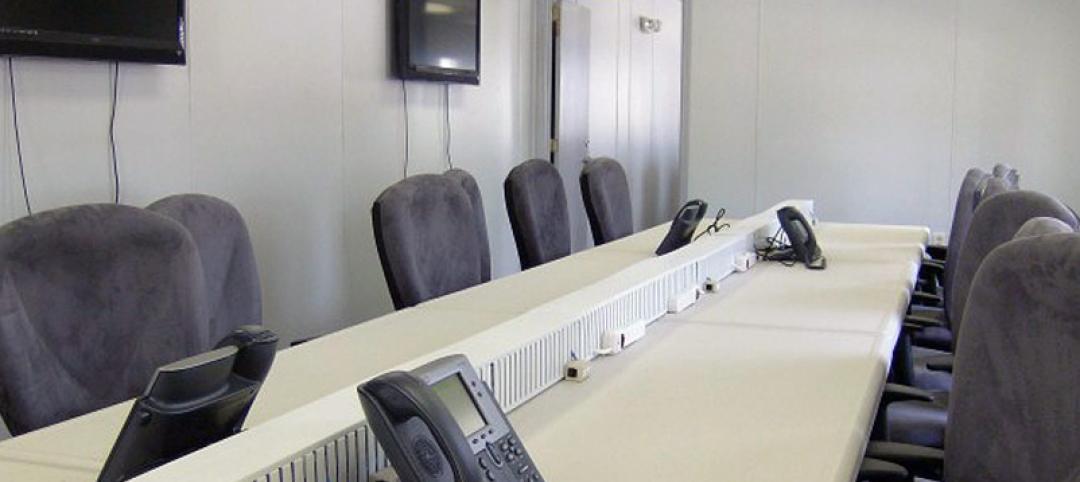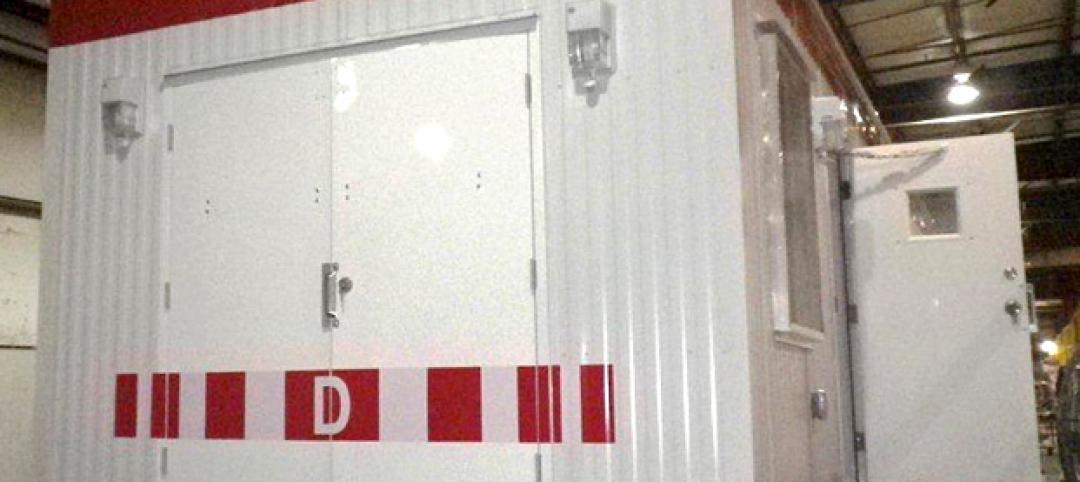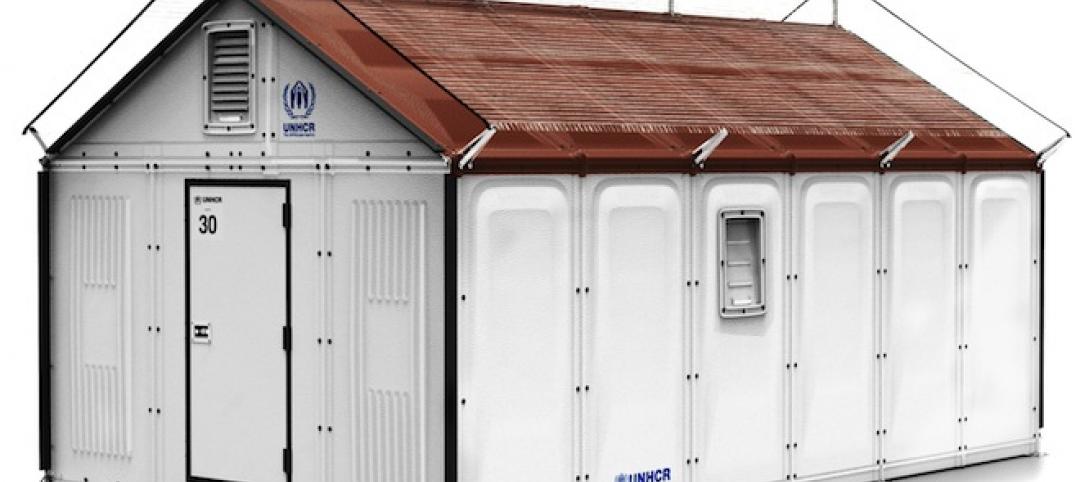Do you use a 3D printer? If not, I’m fairly certain you’ve heard about 3D printers and the items they can create. The technology has quickly moved from niche markets to mass appeal. In 2014, roughly 140,000 3D printers were sold and shipped. According to new research by BI Intelligence, 3D printers will cross the 1 million-unit threshold within the next couple of years. By 2018, 3D printer shipments will increase tenfold from current levels. Costs are declining and access to the devices is increasing - a perfect storm for innovation.
Improved efficiencies and speed are two critical areas of importance in the construction industry. This technology has the ability to positively impact both. At Williams Scotsman, we find the outputs of these devices extremely compelling. From healthcare to automotive and the general construction industry, the 3D printer is challenging the norm and product development process. From our viewpoint the 3D printer is yet another powerful technology that can and likely will expedite the construction timeline.
Companies around the world are using 3D printing to shake up a variety of industries. One China-based company, WinSun, is 3D printing large-scale structures such as homes and apartment buildings entirely out of recycled construction waste. WinSun recently showcased a 12,000 square foot house, complete with decorative elements. Let’s face it, who wouldn’t appreciate a brand new villa designed and built in 60 to 80 percent less time than usual?
While these new 3D printed buildings are certainly eye-catching and tremendously innovative, there are still obstacles for integration into the construction process. First of all, it’s difficult to create a 3D printed building that complies with current building regulations. There are also many questions surrounding the insulation, fireproofing, wind loads, foundations, as well as the possible materials to print with, that have yet to be answered.
The 3D printer might be the next tool to revolutionize the way we bring homes, office buildings, hospitals and schools to life in record speed. We are excited and inspired by this advancement. It could very well be a game changer for the construction industry, but it’s not going to happen tomorrow. What is your experience with 3D printing?
More from Author
Williams Scotsman | Mar 30, 2015
Spring cleaning tips for modular space
Modular structure manufacturer Williams Scotsman shares seven things to do to prep modular units for the spring.
Williams Scotsman | Mar 16, 2015
Modular Space Showcase: Helping BP take command in the Gulf of Mexico
Immediate emergency response to minimize and remedy environmental damage called for temporary, modular spaces.
Williams Scotsman | Mar 9, 2015
Drilling Deeper: Eagle Ford Shale moving up despite oil prices going down
Like many other energy hotbends throughout the continent, demand for modular structures isn't decreasing with oil prices
Williams Scotsman | Mar 3, 2015
Modular construction brings affordable housing to many New Yorkers
After city officials waived certain zoning and density regulations, modular microunits smaller than 400 square feet are springing up in New York.
Williams Scotsman | Feb 23, 2015
Modular Space Showcase: Sales center brings curb appeal
The Welcome Center received rave reviews from the customer as well as community residents and potential buyers.
Williams Scotsman | Feb 17, 2015
When lava flow in Hawaii threatens a public school district, officials turn to modular
Hawaii Modular Space, a Williams Scotsman company, designed temporary classroom space for the Pahoa and Keeau schools that would become displaced due to ongoing lava flow in Pahoa, Hawaii.
Williams Scotsman | Feb 2, 2015
Modular Space Showcase: Getting down to business in Alberta’s oil sands
If you work in the energy sector you’ve heard of Alberta’s oil sands. Located in Western Canada, Alberta is a province with an abundance of natural resources. Oil sands are located in three major areas of northeast Alberta spanning hundreds of thousands of miles.
Williams Scotsman | Jan 26, 2015
Modular space showcase: Powerful space solutions for Ontario’s energy future
Having access to the right workspace is important, regardless of location. A comfortable, efficient and attractive workspace can make all the difference for workers. For Hydro One Networks, an electricity transmission and distribution company based in Ontario, establishing well-equipped field offices in various remote locations was essential to success.
Williams Scotsman | Jan 19, 2015
Resolve to go green this year
Not every company can top Forbes magazine’s Most Sustainable Companies list, but we can all resolve to try to do more to protect the environment in 2015.
Williams Scotsman | Jan 5, 2015
Modular for a cause: Giving refugees much-needed space
Two years ago, the global flat-pack furniture giant IKEA tasked its philanthropic arm—the IKEA Foundation—with an important initiative. The goal was to design adequate modular shelters for people in refugee camps throughout the world. With a nearly $5 million investment, the foundation partnered with the United Nations Refugee Agency to develop and deliver secure and energy-efficient modular shelters to children and families in refugee camps around the world.
















